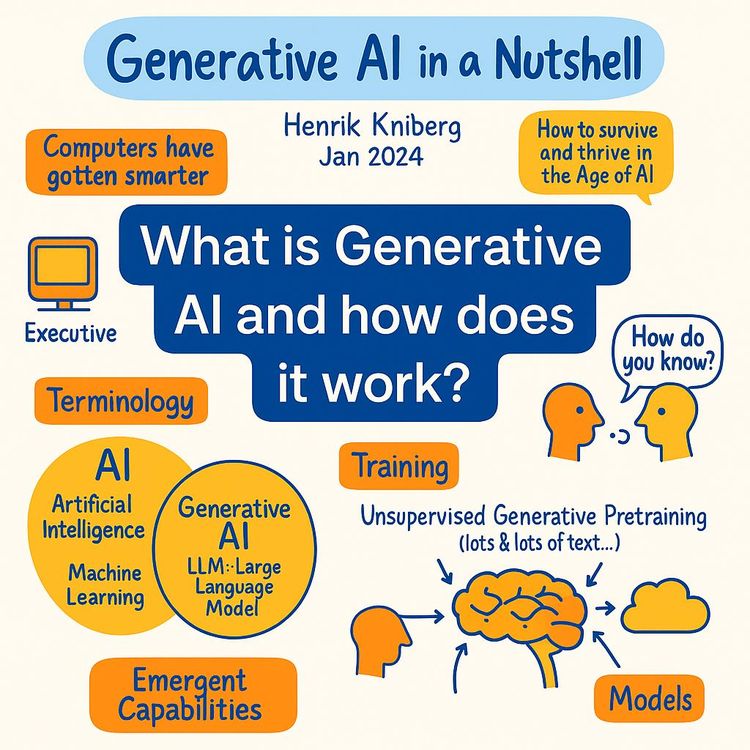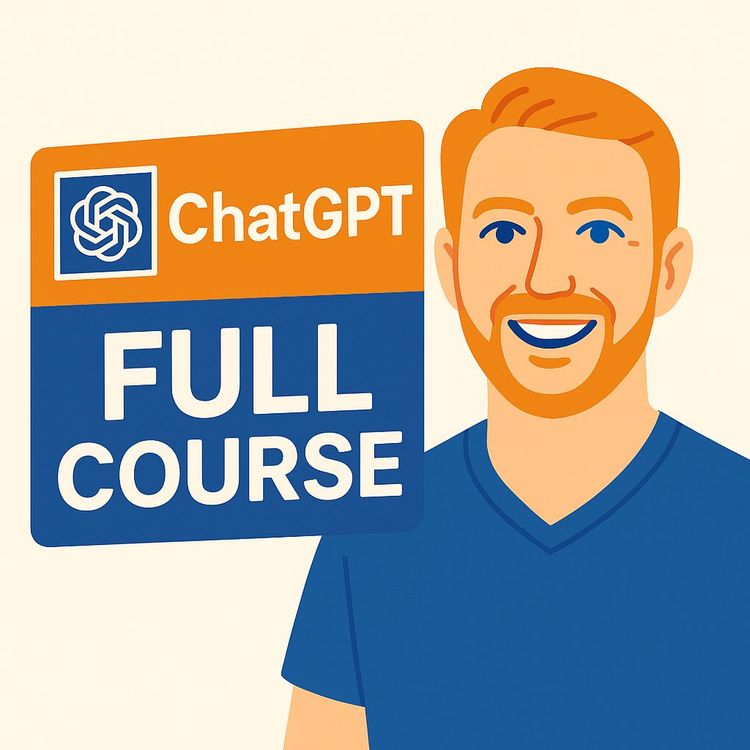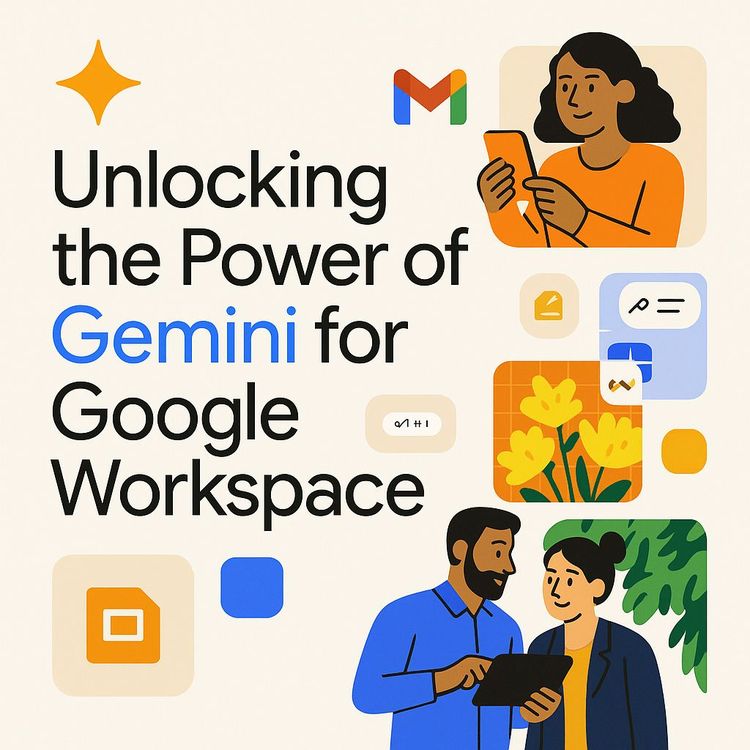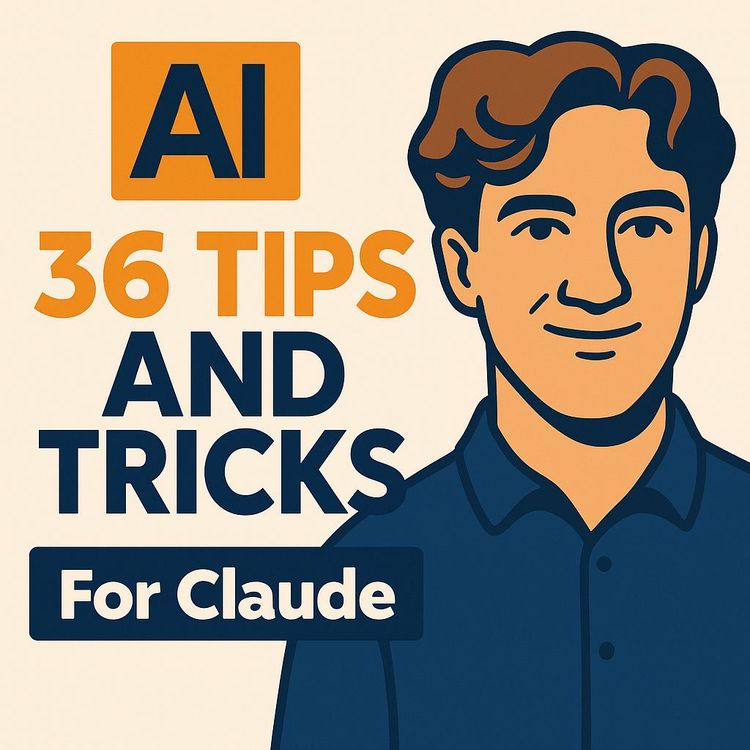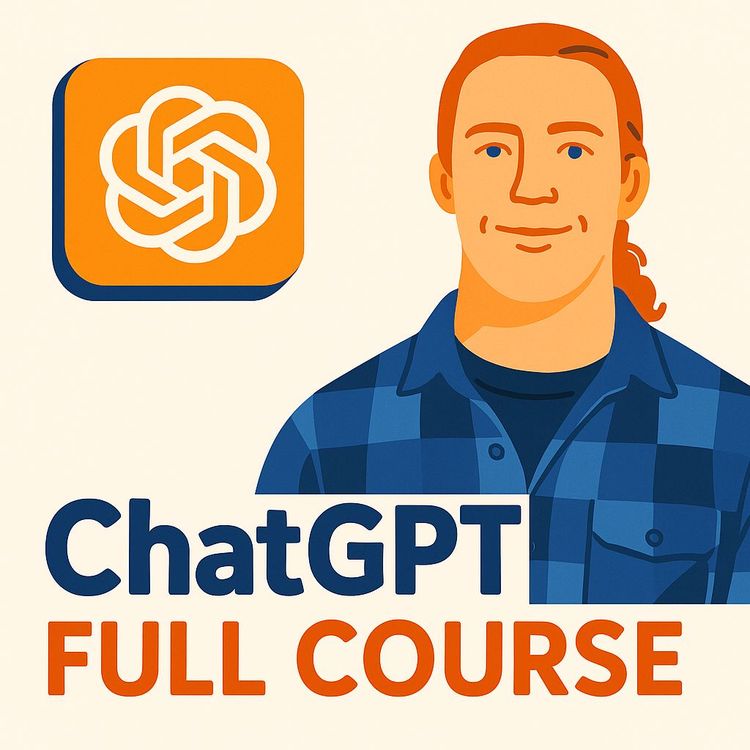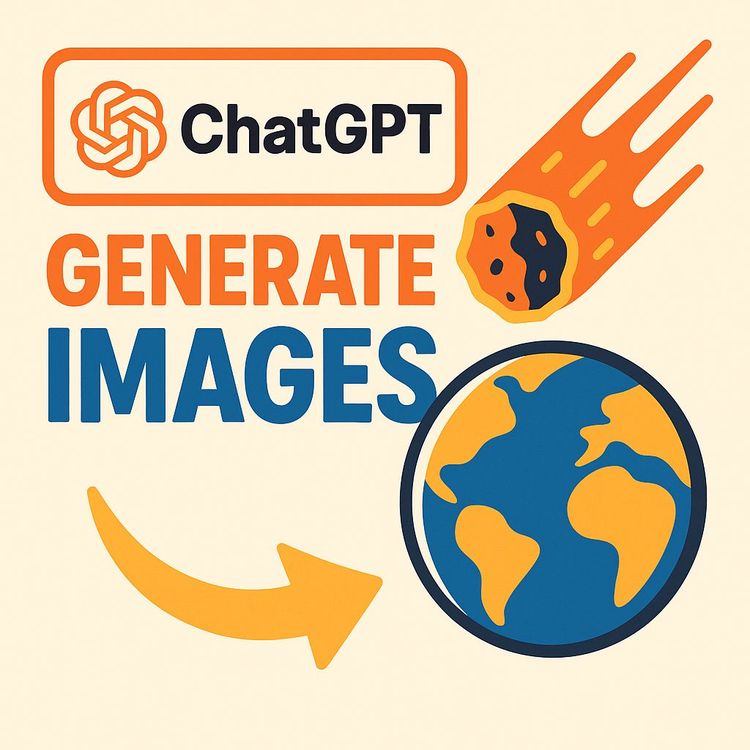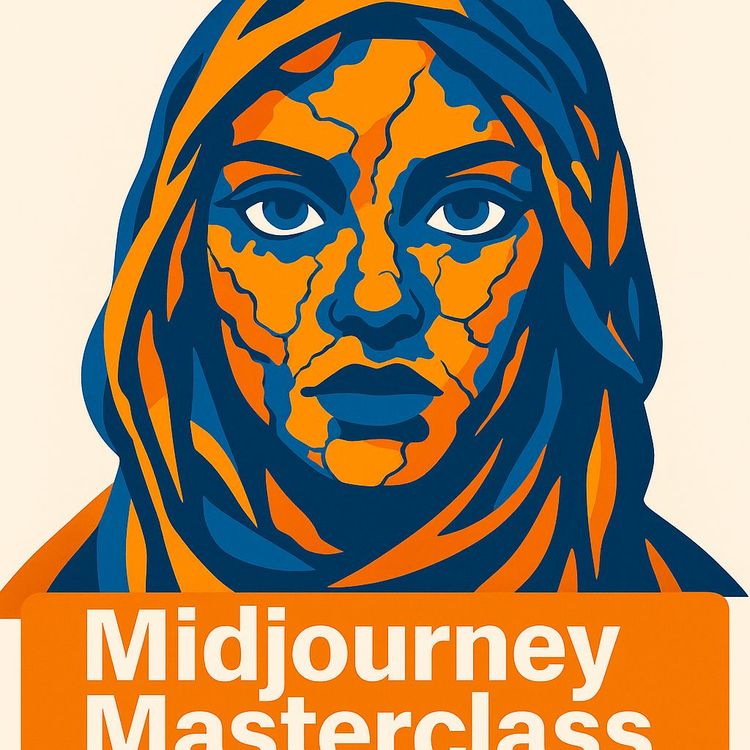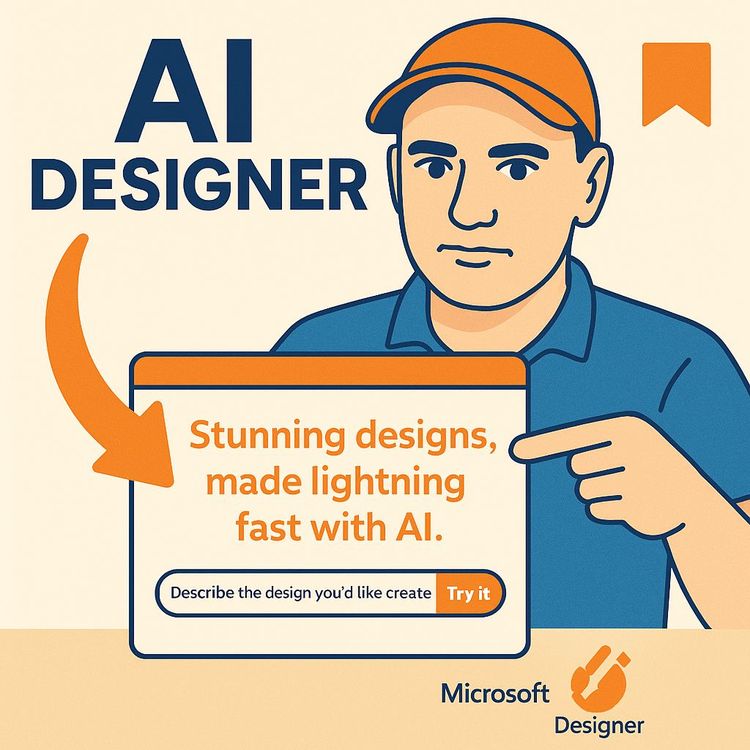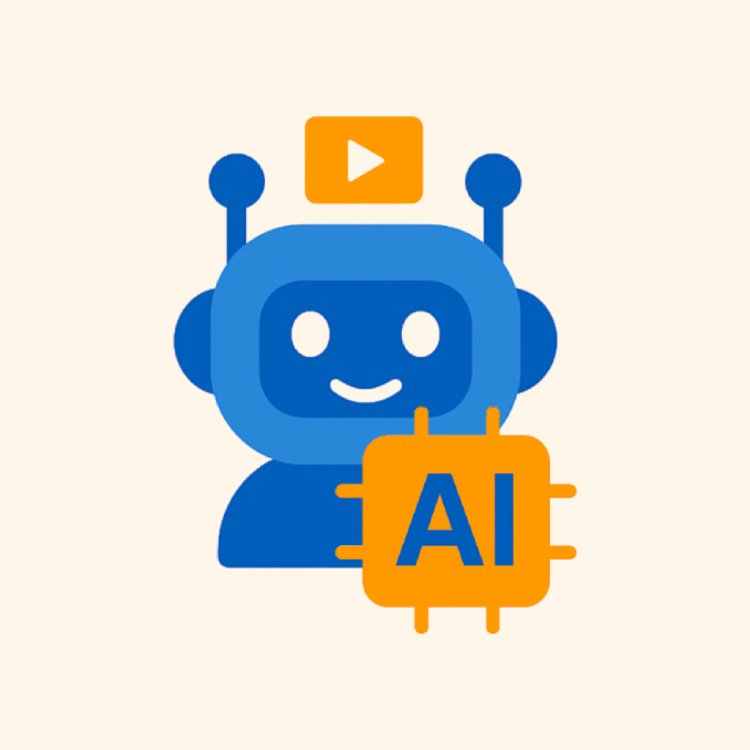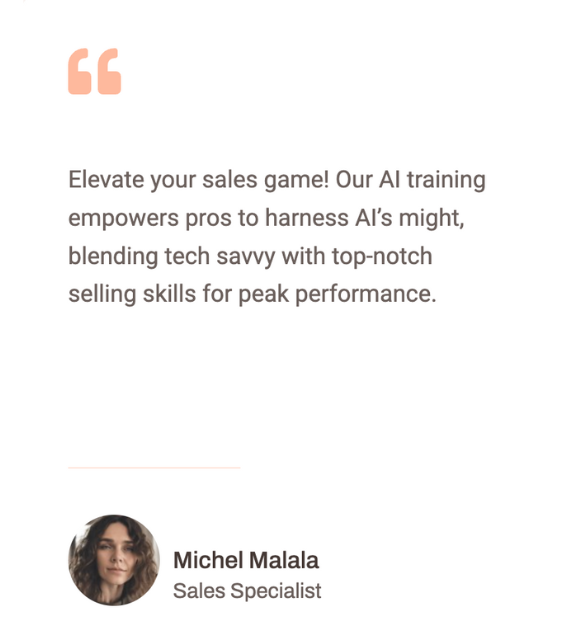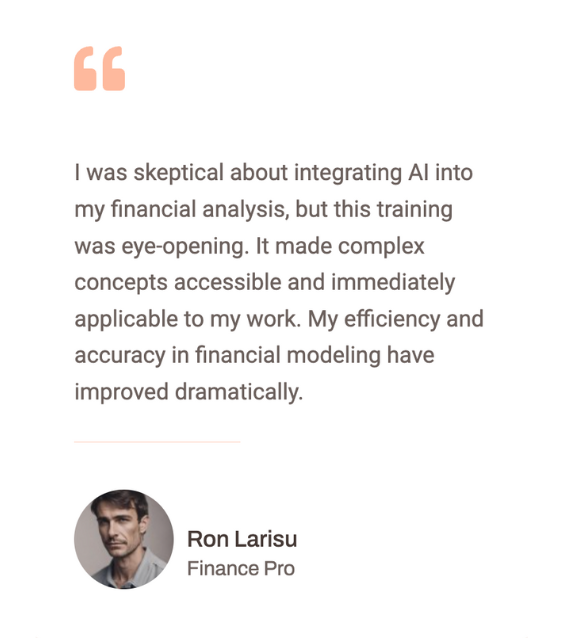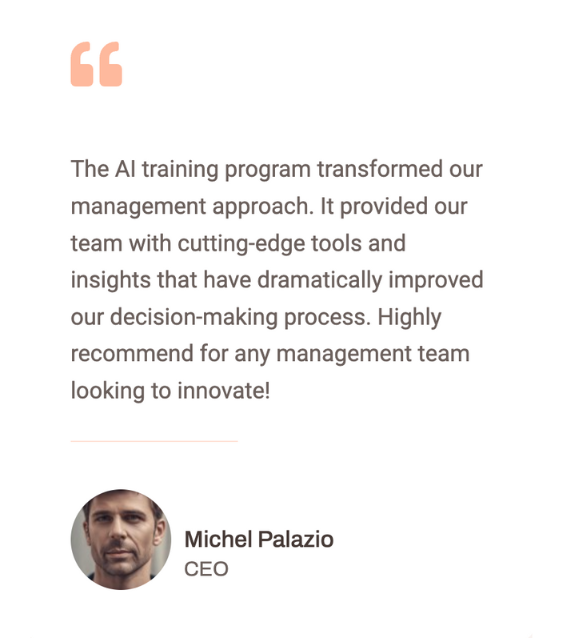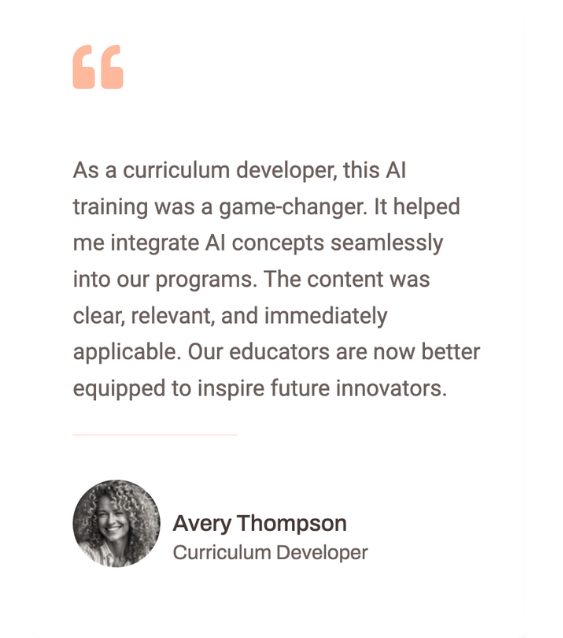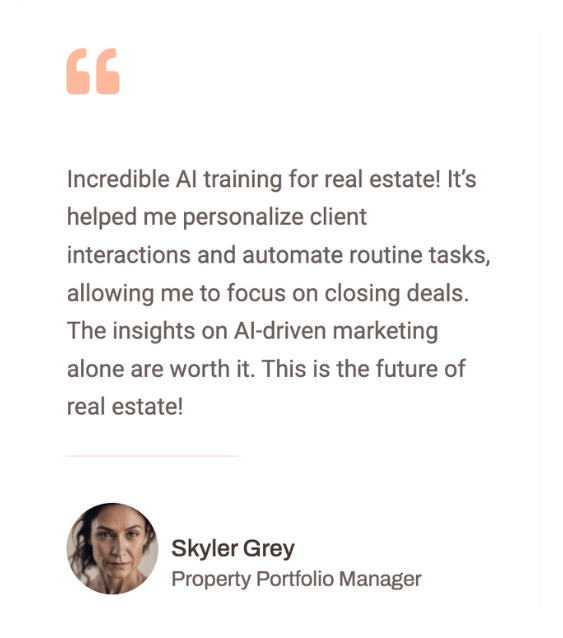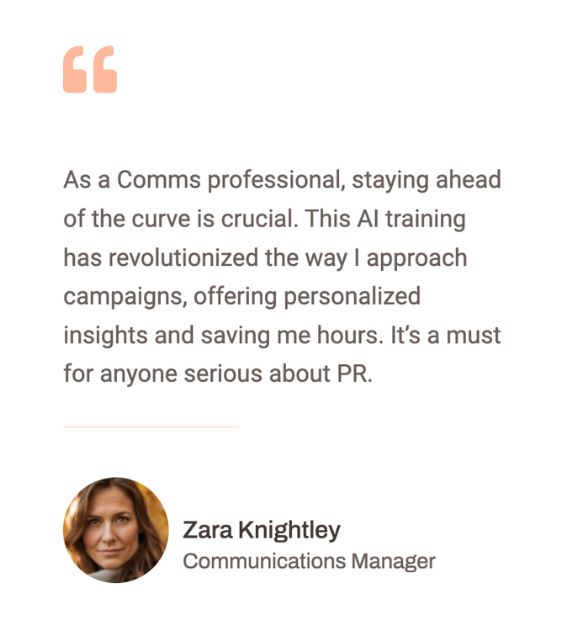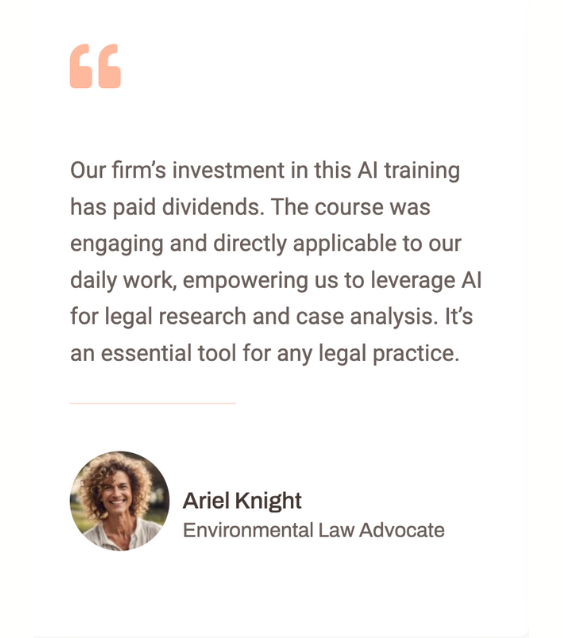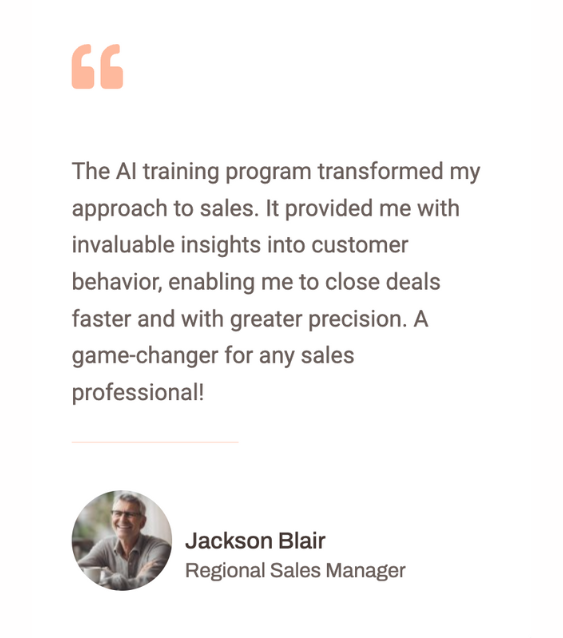Video Course: ChatGPT Tutorial Must-Know Prompts for Doctors
Discover how to enhance your medical practice with our ChatGPT course tailored for healthcare professionals. Learn to effectively use AI for patient care, documentation, drug interactions, and empathetic communication to boost efficiency and patient outcomes.
Related Certification: Certification: Essential ChatGPT Prompts for Doctors in Clinical Practice
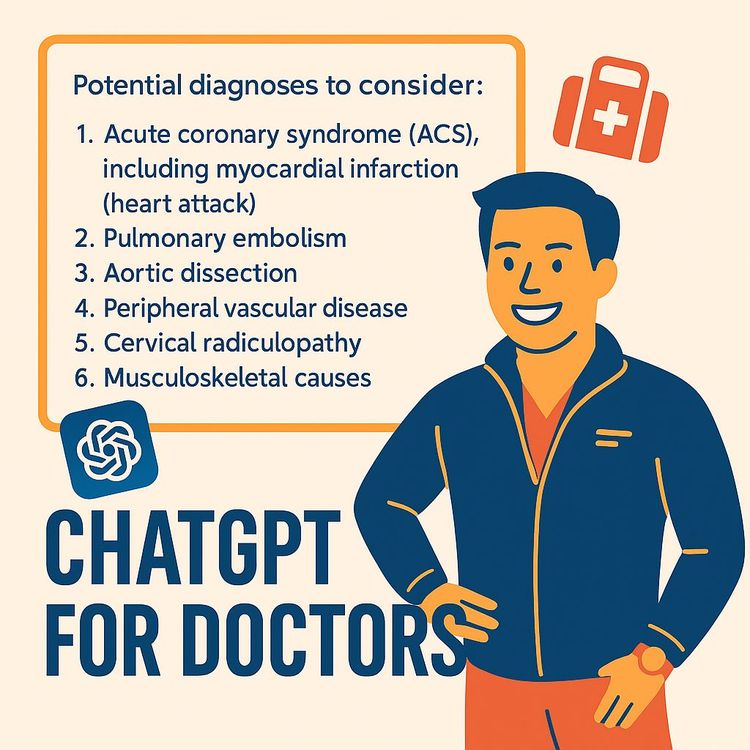
Also includes Access to All:
What You Will Learn
- Use ChatGPT as a curbside consultant for differential diagnoses and initial workups
- Identify drug-drug interactions and recommended monitoring strategies
- Craft empathetic, patient-centered communication for sensitive topics
- Generate patient-friendly after-visit summaries and translate them into multiple languages
- Apply privacy safeguards and fact-checking practices when using AI in care
Study Guide
Introduction
In the evolving landscape of healthcare, the integration of artificial intelligence (AI) tools like ChatGPT is transforming how doctors and medical professionals approach their daily tasks. This course, "Video Course: ChatGPT Tutorial Must-Know Prompts for Doctors," is designed to equip healthcare providers with the essential skills to leverage ChatGPT effectively. From enhancing patient care to streamlining documentation, this guide will walk you through practical applications, examples, and best practices. By the end of this course, you'll have a comprehensive understanding of how to utilize ChatGPT to improve efficiency and patient outcomes.
ChatGPT as a Medical Consultant (Curbside Consultation)
One of the most compelling uses of ChatGPT in healthcare is its ability to function as a curbside consultant. This involves using ChatGPT to simulate consultations with specialists, providing insights into diagnostic and management considerations.
Example 1: Imagine you're an emergency room physician faced with a 65-year-old male patient who presents with severe chest pain radiating to his right arm. By prompting ChatGPT as an experienced interventional cardiologist, you can obtain a list of potential diagnoses, necessary investigations such as CBC, BMP, troponin, EKG, and initial management strategies.
Prompt: "Please assume the role of an experienced Interventional cardiologist with over 20 years experience in treating chest pain heart attacks and heart arrhythmias. I am an emergency room physician and would like to discuss the case of a 65-year-old male patient with a history of Strokes that presented with severe chest pain in his right arm with radiation to the fingers. What lab should I get, what medication should I start, and what other diagnosis should I really be considering?"
Example 2: Suppose you suspect a pulmonary embolism in a patient. You can further query ChatGPT for signs, symptoms, labs, and treatments specific to this condition. ChatGPT can also create comparative tables of lab values to help distinguish between pulmonary embolism and myocardial infarction.
Key takeaway: ChatGPT serves as a quick reference tool, broadening diagnostic considerations and suggesting initial steps in patient management, especially for less familiar conditions.
ChatGPT for Drug and Drug Interaction Analysis
Another critical application of ChatGPT is in the analysis of drug interactions, which is vital for patient safety.
Example 1: Consider a patient on isotretinoin for acne. If you're contemplating adding doxycycline, ChatGPT can alert you to the increased risk of intracranial hypertension with this combination.
Prompt: "For a patient that is on isotretinoin, which is basically high vitamin A for their acne, I'm thinking about adding doxycycline as well. Can you tell me about any potential medication interactions I should be aware of?"
Example 2: For a more complex medication regimen, such as one including hydrochlorothiazide, furosemide, and spironolactone, ChatGPT can highlight potential interactions like exacerbated diuretic effects and advise on necessary monitoring strategies, including electrolyte and renal function checks.
Key takeaway: ChatGPT is a valuable tool for identifying potential drug interactions and informing monitoring strategies, thereby enhancing patient safety.
ChatGPT for Enhancing Patient Communication and Empathy
Effective communication is crucial in healthcare, and ChatGPT can assist doctors in navigating sensitive conversations with empathy.
Example 1: If you're concerned a patient may have anorexia nervosa, ChatGPT can guide you on how to approach the topic compassionately. It suggests building rapport, choosing the right moment, and provides example questions to initiate the conversation.
Prompt: "Regarding the patient above, I am concerned that Mishi may also be suffering from anorexia nervosa. How do you think I should best approach this as a doctor?"
Example 2: To understand the emotional landscape of a patient with a specific condition, ChatGPT can provide insights into common emotions they might experience, such as fear, anxiety, and low self-esteem.
Prompt: "Can you tell me a little bit about the emotions and feelings that someone with anorexia nervosa may have, particularly about their condition?"
Key takeaway: ChatGPT assists doctors in preparing for challenging conversations by offering empathetic approaches and insights into the patient's potential emotional state, fostering better communication and care.
ChatGPT for Medical Documentation to Boost Productivity
Medical documentation can be time-consuming, but ChatGPT offers several ways to streamline the process.
Summarising Text for Patient Understanding: ChatGPT can rephrase complex medical explanations into simpler language to improve patient comprehension.
Example: Explain how spironolactone treats hormonal acne at a fifth-grade level.
Prompt: "Can you please provide an explanation for how spironolactone can be used to treat hormonal acne explained at the fifth-grade level and provide an analogy please."
Generating After-Visit Summaries: ChatGPT can create concise, patient-friendly after-visit summaries, tailored to specific reading levels.
Example: Draft an after-visit summary for a patient starting spironolactone, explaining its use for acne and potential side effects to watch for.
Prompt: "I am planning to start spironolactone for a patient starting with 50 milligrams daily then increasing it to 100 milligrams daily. Please write an after-visit summary about this, explaining that it is being used to treat her acne and then tell her what potential side effects to notify us about, and keep the explanation to a fifth-grade level and succinct."
Translation of Medical Information: ChatGPT can translate medical explanations into multiple languages, facilitating communication with patients who have different language proficiencies.
Prompt: "Can you please translate the following explanation to Spanish, Chinese, Vietnamese, and Arabic?"
Drafting Letters of Medical Necessity: ChatGPT can assist in generating letters of medical necessity for procedures like MRIs.
Example: An orthopedic surgeon needs a letter for a patient's MRI.
Prompt: "I am an orthopedic surgeon that specializes in joints. A patient has been declined an MRI for his shoulder and I would like to get a letter of medical necessity for him to get his MRI... [brief patient summary and exam findings]..."
Key takeaway: ChatGPT reduces the administrative burden of medical documentation, improves patient understanding, and facilitates communication across language barriers.
Important Considerations and Disclaimer
While ChatGPT offers numerous benefits, it's crucial to exercise caution when using it in medical care. Users should always fact-check information generated by ChatGPT for accuracy. Additionally, it's imperative to avoid inputting patient-sensitive data that could violate privacy regulations such as HIPAA.
Conclusion
This course has provided you with a comprehensive guide on utilizing ChatGPT in healthcare, covering its applications as a medical consultant, in drug interaction analysis, enhancing patient communication, and streamlining medical documentation. By integrating these skills into your practice, you can enhance efficiency and improve patient outcomes. Remember, while ChatGPT is a powerful tool, thoughtful application, and adherence to privacy and accuracy standards remain paramount. Continue exploring the potential of AI in healthcare, and stay updated with future developments and resources to maximize the benefits of ChatGPT in your practice.
Podcast
There'll soon be a podcast available for this course.
Frequently Asked Questions
Introduction
Welcome to the FAQ section for the 'Video Course: ChatGPT Tutorial Must-Know Prompts for Doctors'. This resource is designed to address common questions and provide insights into effectively using ChatGPT in healthcare. Whether you're new to AI or looking to enhance your existing knowledge, this FAQ aims to support your journey in integrating AI into your medical practice.
How can ChatGPT be used by doctors and residents in their daily practice?
ChatGPT can be leveraged in several ways, including acting as a basic curbside medical consultant for differential diagnoses, identifying potential drug-drug interactions when prescribing or reviewing patient medication lists, and improving patient communication through suggestions on how to approach sensitive topics and understanding potential patient emotions. It can also significantly aid in medical documentation by summarising complex information at various reading levels for patients (e.g., after-visit summaries), translating medical explanations into different languages, and drafting documents like letters of medical necessity.
What are the key considerations and warnings when using ChatGPT for medical care?
It is crucial to exercise caution and use ChatGPT at one's own discretion in a medical context. The output from ChatGPT should always be fact-checked for accuracy. Furthermore, it is imperative not to input any patient-sensitive data that could potentially violate regulations such as HIPAA (in the US context, though the principle of patient data privacy is universal). The examples provided are illustrative of the technology's potential and do not constitute medical advice.
How can ChatGPT function as a "curbside consultant"?
ChatGPT can simulate a basic medical consultation by taking on the role of a specialist (e.g., an interventional cardiologist). By providing patient details like age, presenting symptoms, and medical history, users can ask for potential differential diagnoses, relevant investigations (like labs and imaging), and initial management strategies. ChatGPT can also be prompted for follow-up questions based on a suspected diagnosis, such as signs, symptoms, specific tests, and treatment options for a pulmonary embolism. It can even generate comparative tables of lab values to distinguish between different conditions like pulmonary embolism and myocardial infarction.
How can ChatGPT assist with identifying drug-drug interactions?
Users can input a patient's current medication list and any new medications they are considering prescribing. ChatGPT can then identify potential interactions, explain the risks involved (e.g., increased risk of intracranial hypertension with isotretinoin and doxycycline, or exacerbated diuretic effects with multiple diuretics), and even suggest relevant monitoring (e.g., electrolytes, renal function, and blood pressure when prescribing spironolactone) and the frequency of such checks.
How can ChatGPT help doctors connect with patients on an emotional level?
ChatGPT can provide guidance on how to approach sensitive conversations, such as discussing potential eating disorders like anorexia nervosa. It can suggest compassionate and non-judgmental ways to open up the discussion and even provide example questions to ask. Additionally, ChatGPT can offer insights into the emotions and feelings a patient with a particular condition might be experiencing, helping doctors develop greater empathy and provide more patient-centred care.
How can ChatGPT improve medical documentation efficiency?
ChatGPT can summarise complex medical explanations at different reading levels, making it easier to create patient-friendly after-visit summaries. For example, it can explain the mechanism of action of a medication like spironolactone for hormonal acne in simple terms suitable for a fifth-grade reading level, complete with or without analogies. It can also translate these summaries into multiple languages (e.g., Spanish, Chinese, Vietnamese, Arabic), facilitating communication with a diverse patient population. Furthermore, ChatGPT can draft letters of medical necessity by taking in patient details, the reason for the request (e.g., an MRI), and the rationale for its medical necessity.
What kind of information is important to include when prompting ChatGPT for assistance in medical contexts?
To get the most relevant and helpful responses, it's important to provide ChatGPT with specific details such as the patient's age, sex, presenting symptoms, relevant medical history, current medications, and the specific question or task you need assistance with (e.g., differential diagnosis, potential drug interaction, explanation of a condition). For tasks like writing letters of medical necessity, including details about prior treatments, examination findings, and the rationale for the requested intervention is crucial.
What future developments and resources are mentioned regarding ChatGPT and AI in healthcare?
There will be further video tutorials exploring more ways ChatGPT can be used in daily medical practice, suggesting ongoing development and discovery of applications. Additionally, the creator of the video course is writing a book about ChatGPT in healthcare, intended as a practical guide for doctors on leveraging the technology. A newsletter is also mentioned for those interested in receiving updates and exclusive deals related to this upcoming book. The website CompleteAiTraining.com offers comprehensive AI training programs tailored for various professions within healthcare, including video courses, custom GPTs, (audio)books, an AI tools database, and prompt courses.
How can ChatGPT be used for clinical decision support?
ChatGPT can assist in clinical decision-making by providing insights into differential diagnoses and suggesting potential investigations based on patient symptoms and history. For example, if a patient presents with chest pain, ChatGPT can help outline possible conditions such as myocardial infarction, pulmonary embolism, or aortic dissection, and recommend relevant tests like EKG or CTPA. However, it's critical to remember that ChatGPT is not a substitute for professional medical judgment.
What challenges might arise when using ChatGPT to communicate with patients?
While ChatGPT can help formulate patient-friendly explanations, challenges include ensuring the accuracy of information and maintaining a personal touch in communication. Patients may misinterpret AI-generated content as impersonal or overly technical. It's important for healthcare providers to review and personalise the information before sharing it with patients.
What are the ethical considerations when using ChatGPT in healthcare?
Ethical considerations include ensuring patient data privacy and the accuracy of AI-generated information. Healthcare providers must avoid inputting identifiable patient information into ChatGPT and should use the tool as a supplementary resource rather than a primary decision-maker. Fact-checking is essential to maintain patient safety and trust.
How can ChatGPT enhance patient understanding of their health conditions?
ChatGPT can simplify complex medical terms into language that is easier for patients to understand. For instance, explaining the pathophysiology of diabetes in layman's terms can help patients better grasp their condition and treatment plan. This approach can improve adherence to treatment and patient satisfaction.
How can ChatGPT help overcome language barriers in healthcare?
ChatGPT can translate medical explanations into various languages, making it easier for non-English speaking patients to understand their health conditions and treatment plans. For example, a doctor can provide a treatment summary in English and use ChatGPT to translate it into Spanish or Chinese, improving accessibility and patient care. However, it's important to verify translations for accuracy.
How can ChatGPT be used in medical education and training?
ChatGPT can serve as a valuable educational tool for medical students and professionals by providing quick access to information and explanations about medical conditions, treatments, and procedures. It can also simulate patient scenarios for training purposes, allowing learners to practice diagnostic and communication skills. However, it's important to use ChatGPT as a supplementary resource and not as a replacement for comprehensive medical education.
How reliable is the medical information provided by ChatGPT?
While ChatGPT can provide useful information, it is not infallible and should not be considered a primary source of medical advice. The AI model relies on existing data and may not reflect the most current medical guidelines or research. Healthcare professionals should verify and cross-check information obtained from ChatGPT with trusted medical sources.
How can ChatGPT boost productivity in medical documentation?
ChatGPT can automate routine documentation tasks, such as drafting after-visit summaries and letters of medical necessity. By providing clear and concise templates, it saves time and reduces the administrative burden on healthcare professionals. This allows doctors to focus more on patient care rather than paperwork.
What is the transformative potential of ChatGPT in healthcare?
ChatGPT has the potential to revolutionise healthcare by enhancing communication, streamlining documentation, and providing decision support. It can democratise access to medical information and improve patient engagement. However, its effective integration requires careful consideration of ethical, legal, and practical challenges.
What are the challenges of implementing ChatGPT in clinical settings?
Challenges include ensuring data privacy, maintaining the accuracy of AI-generated information, and integrating ChatGPT into existing workflows. There may also be resistance from healthcare professionals who are unfamiliar with AI technology. Training and clear guidelines are essential for successful implementation.
What strategies should be employed for fact-checking ChatGPT's outputs?
Healthcare professionals should cross-reference ChatGPT's outputs with reputable medical sources and guidelines. Regular updates and reviews of AI-generated information are necessary to ensure its relevance and accuracy. Collaboration with AI experts can also help optimise the use of ChatGPT in clinical practice.
What are the limitations of AI language models like ChatGPT in healthcare?
Limitations include potential inaccuracies, lack of real-time updates, and inability to interpret nuanced clinical scenarios. AI models may not fully understand complex medical contexts or ethical considerations. It's crucial for healthcare providers to use ChatGPT as a supportive tool rather than a definitive source of medical advice.
How can privacy concerns be addressed when using ChatGPT in healthcare?
To address privacy concerns, healthcare providers should avoid inputting any patient-identifiable information into ChatGPT. Implementing strict data protection protocols and ensuring compliance with regulations like HIPAA is essential. Educating staff about privacy risks and best practices can also mitigate potential issues.
Certification
About the Certification
Show the world you have AI skills—gain practical expertise with ChatGPT prompts tailored for doctors. Enhance patient care, streamline workflows, and demonstrate your commitment to innovation in clinical practice.
Official Certification
Upon successful completion of the "Certification: Essential ChatGPT Prompts for Doctors in Clinical Practice", you will receive a verifiable digital certificate. This certificate demonstrates your expertise in the subject matter covered in this course.
Benefits of Certification
- Enhance your professional credibility and stand out in the job market.
- Validate your skills and knowledge in cutting-edge AI technologies.
- Unlock new career opportunities in the rapidly growing AI field.
- Share your achievement on your resume, LinkedIn, and other professional platforms.
How to complete your certification successfully?
To earn your certification, you’ll need to complete all video lessons, study the guide carefully, and review the FAQ. After that, you’ll be prepared to pass the certification requirements.
Join 20,000+ Professionals, Using AI to transform their Careers
Join professionals who didn’t just adapt, they thrived. You can too, with AI training designed for your job.

